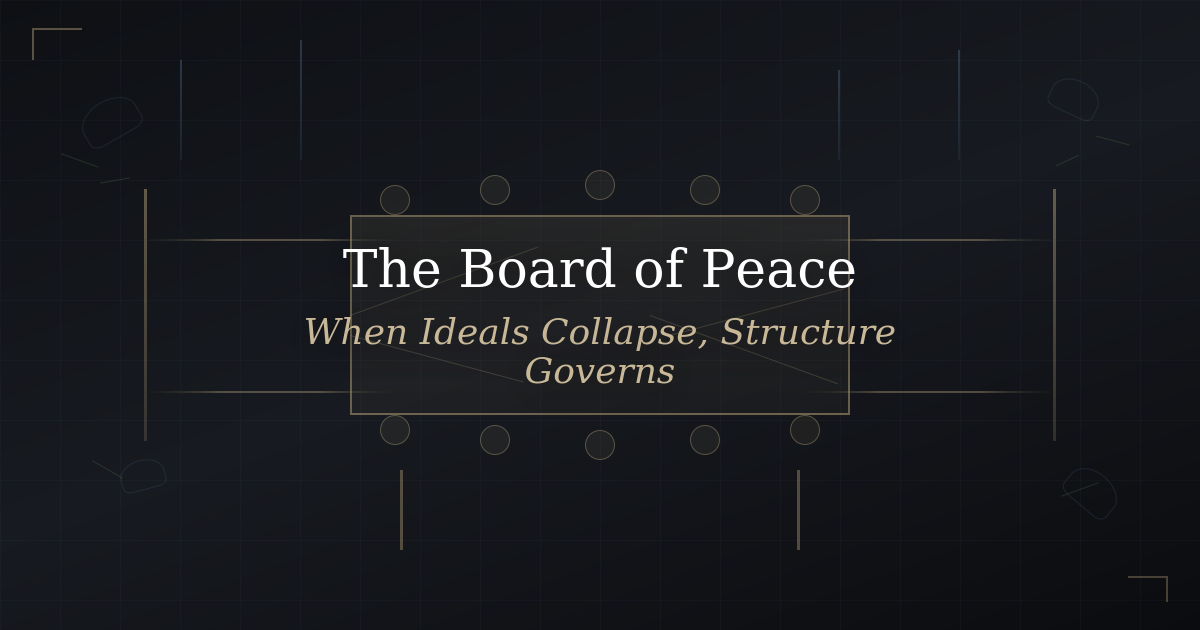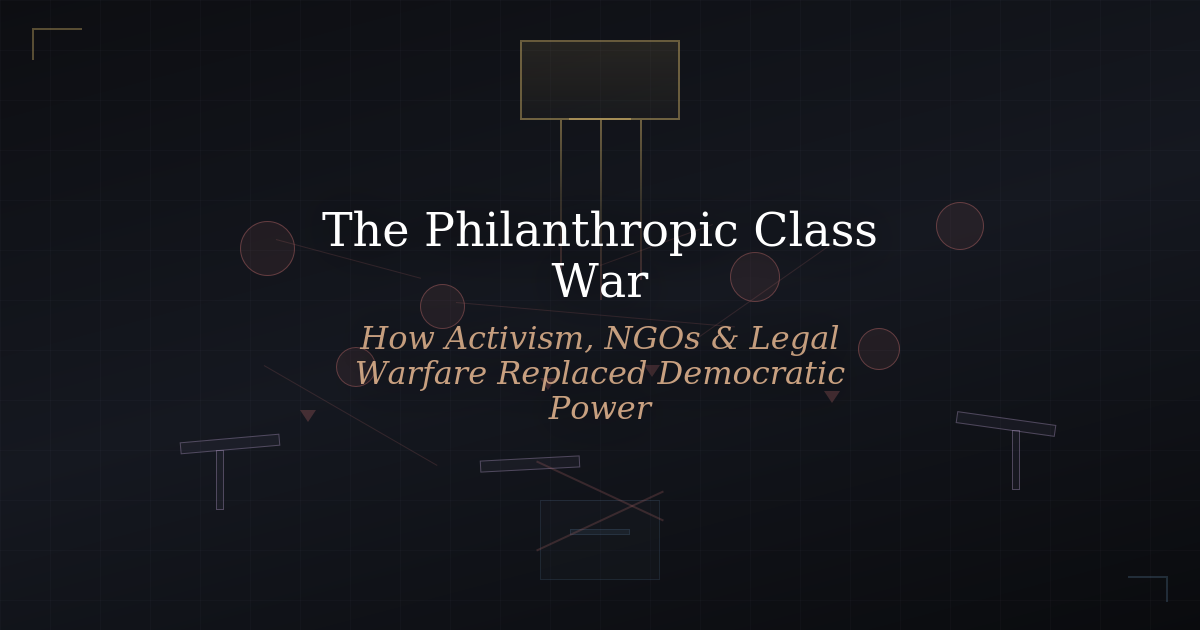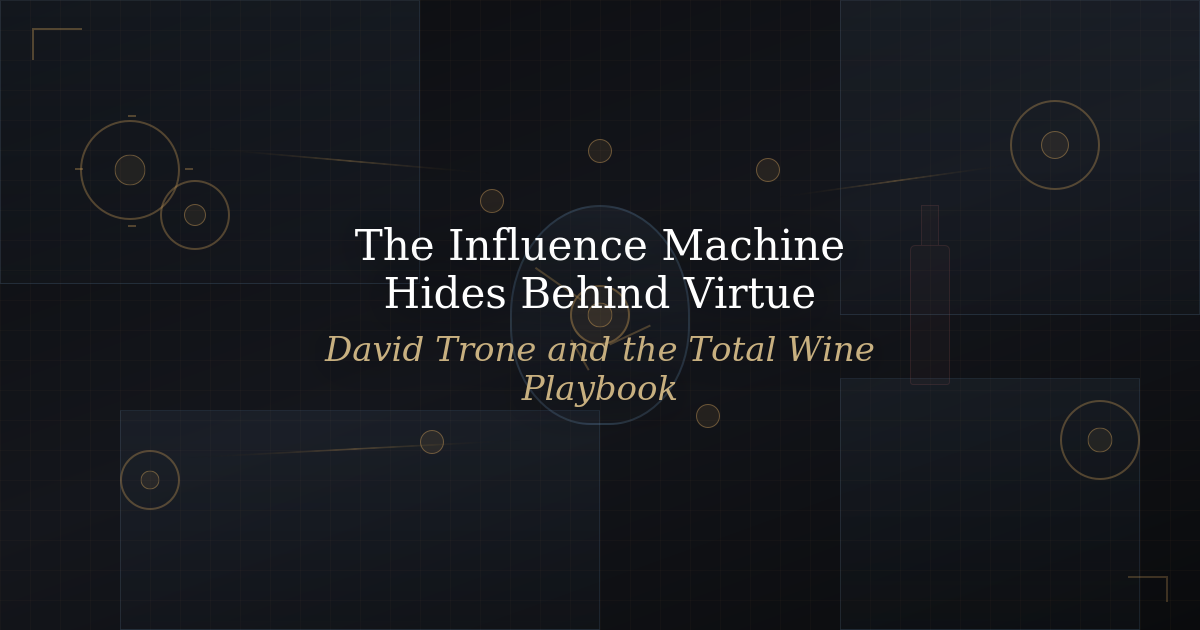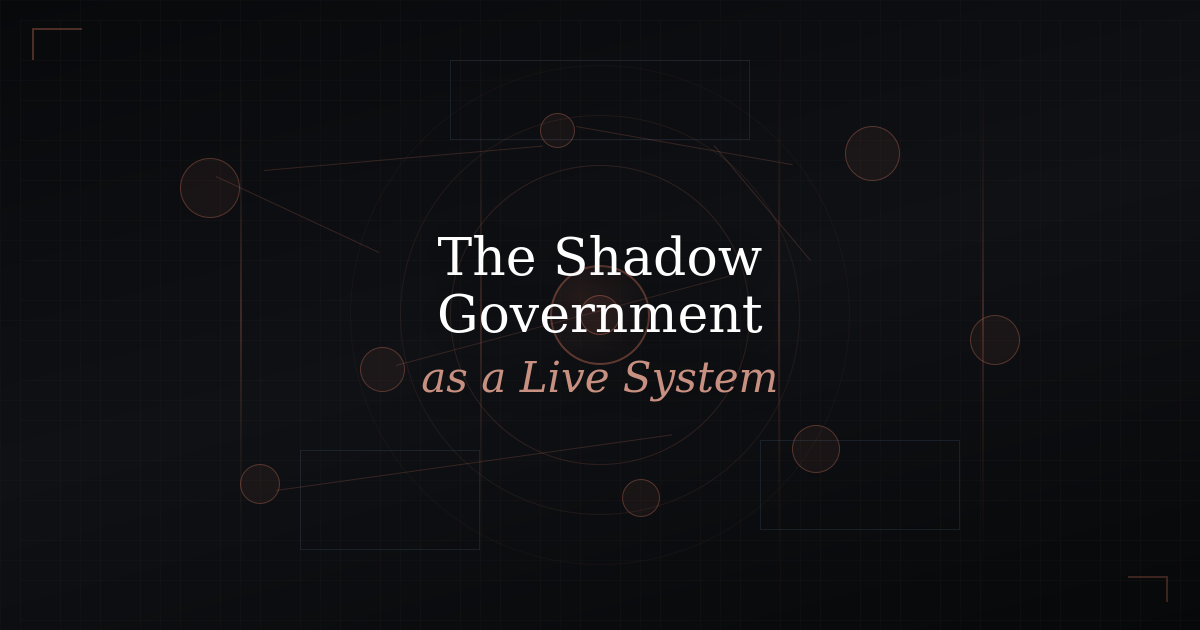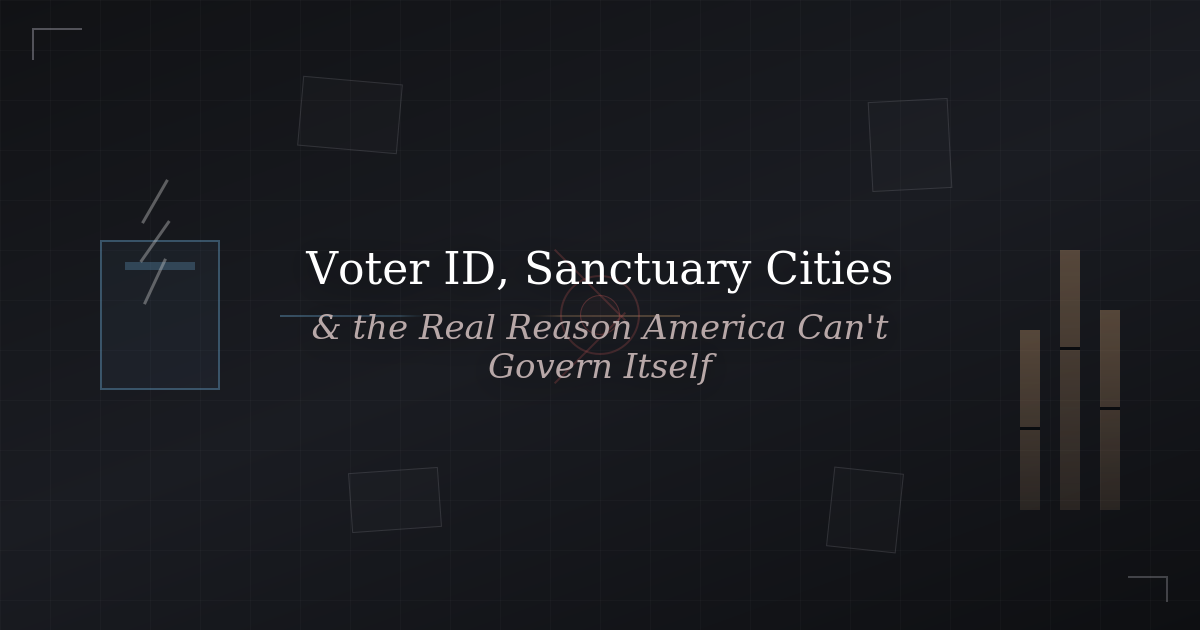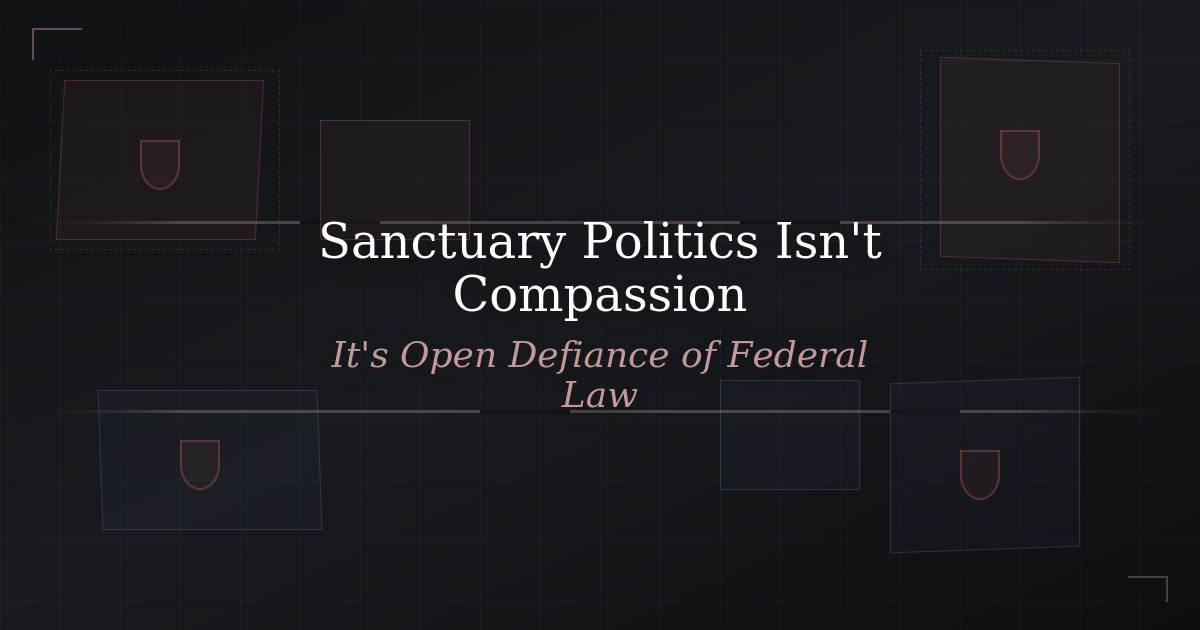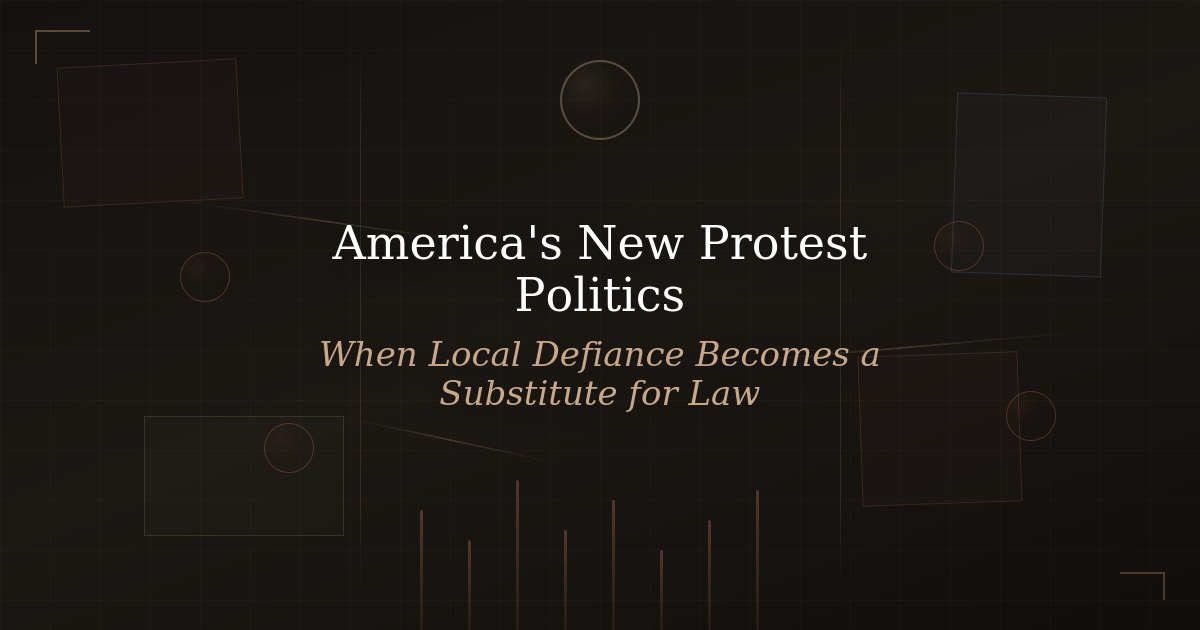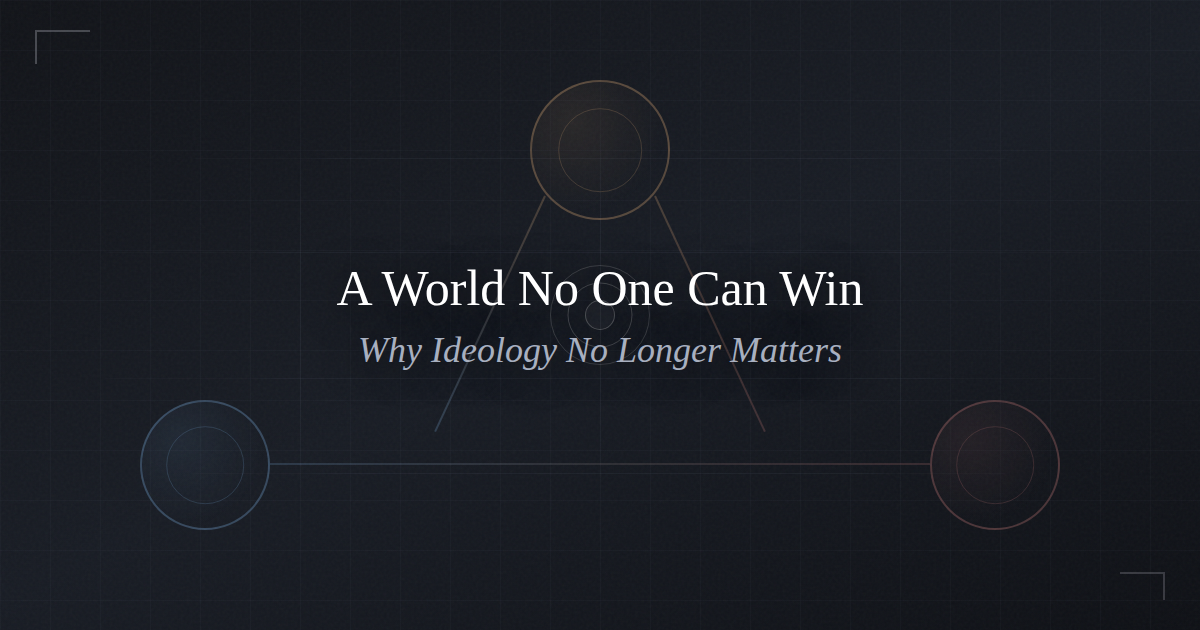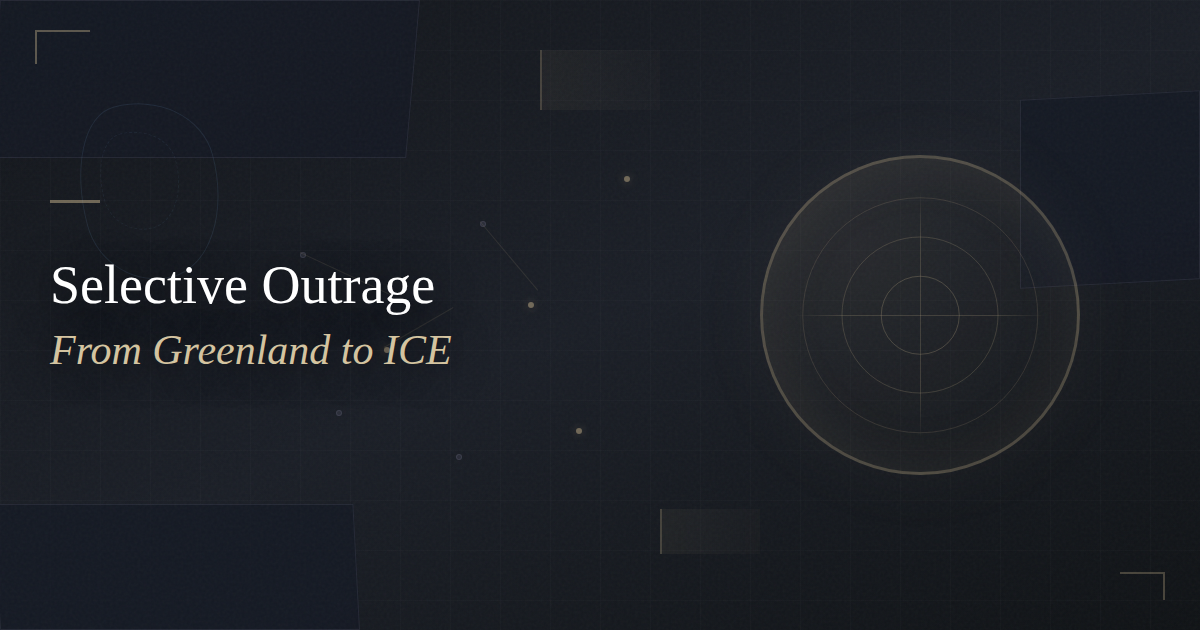Geopolitical Focus – January, 2024
Geopolitical Focus – January 2024: A Year in Review
If someone were to ask you to encapsulate 2023 in a couple of paragraphs, likening it to your personal life, would you consider it a year best left in the past? Alternatively, do you view any achievements worth celebrating?
The Climate Actions and the global movement, climaxing with COP 28, involved significant effort, but results, regardless of their impact, seemed to be overshadowed by political motives for gaining power. Describing COP 28 as anything but successful is fitting, and the global investments have adversely affected the EU economy. As for the US, there are no apparent results yet from the allocated funds, but can it be said that we saved the planet for another year?
This summary document provides an overview of the key outcomes of global climate action across the four pillars set by the COP 28 Presidency: i) fast-tracking a just, orderly, and equitable energy transition; ii) fixing climate finance; iii) focusing on people, lives and livelihoods; and iv) underpinning everything with full inclusivity.
Regardless of the climate or weather, the excessive cold and snow in Scandinavia are seemingly overlooked in the discourse of climate change. Not to mention fallen trees and massive rains in hurricanes that fail to materialize where reporters are stationed—pure drama without evidence, except for the assertion of it being the hottest year ever recorded in the past 150 years. A mere 0.2 degrees, a figure that science might categorize as a statistical error. And what a letdown for Al Gore!
Unlike the global record, the contiguous U.S. did not have its warmest year. Through the first 11 months of the year, the country hovered around an anomaly of 1.1 degrees Celsius (nearly 2 degrees Fahrenheit) above average, which was warm enough for a top-10 finish.
A cold end to winter and start to spring in 2023 caused the year to miss breaking 2012’s record of 1.81 degrees Celsius (3.26 degrees Fahrenheit) above average.
The Electric revolution continues, with solar and wind installations popping up worldwide, a positive trend. Germany, for instance, aims to generate 80 percent of its energy during sunny and windy periods, leaving the other 50% of the time to be covered by coal or nuclear sources. Notably, electricity prices in Germany have doubled since 2021. Now, the decision lies in either doubling the investment to 160% during optimal conditions or consulting with climate activists to extend the days suitable for solar energy.
While battery technology and storage solutions offer assistance, a mix of diverse energy sources might provide a more transitional approach. However, the underlying factor remains political power at risk, necessitating the people in an elite democracy to bear the financial burden.
Enthusiasm for the electric vehicle (EV) market exists, but it's worth noting that Norway subsidizes its EV fleet with revenue from oil sales.
Looking at the overall perspective, one might argue for balance. Perhaps countries where technology is driving change are better positioned, but considering predictions over the last four years, optimism has waned. Greta Thunberg is currently no longer at the forefront of climate activism. In a recent development,
Germany is facing financial constraints to continue subsidizing EVs.
In a time of communication, social media, influencers, political analysts, and experts in every field, global cooperation seems to have devolved into a fight for dominance of opinions and control. Newspapers, bloggers, Google, and Facebook are no longer politically neutral with respect to democracy. Instead, they may be sellouts to the highest bidder and their personal ideology. There seems to be a lack of reason, exemplified by "The VIEW" with its 5:1 ideological overload and suppression of opposition, all while shouting to defend democracy.
One could excuse "The VIEW" as substandard journalism, but what about the White House and particularly the Democratic party? Omnibus Bills the size of 5000 Amtraks, for Israel, the Ukraine, and, oh, the Southern Border to hire more attorneys to pass out Green Cards at entry? To fill the 8 million job openings? There's no clarity on how the money is used, as long as Ukraine continues to engage in a conflict that results in a high casualty rate.
If anyone in our military or congress had an understanding of "people" and not just hegemonic or financial interests, the conflicts in Ukraine and Israel might never have happened. After around 800,000 killed in Ukraine and 100,000 in Gaza when it's all said and done, diplomacy never had a chance. Power was the chosen medium to get results, and by the end of 2024, both might backfire.
This brings us to war crimes and international law, respectively the UN. Perhaps the US and Britain forgot to invite Stalin to the Malta conference, a main contributor to defeating the German Army. Perhaps Eisenhower was a Russia-phobe and Churchill had his own agenda? However, they did invite Stalin for the Yalta conference, and rather than a negotiation, it became a power game back then.
The Malta Conference was held from January 30 to February 3, 1945 between President Franklin D. Roosevelt of the United States and Prime Minister Winston Churchill of the United Kingdom on the island of Malta. The purpose of the conference was to plan the final campaign against the Germans with the Combined Chiefs of Staff (the United States Joint Chiefs of Staff and the British Chiefs of Staff Committee). Politically, the overriding purpose was to present a united front against Stalin in the Yalta Conference a few days later. That did not happen once Yalta began, much to Churchill's disappointment. Both leaders agreed on the undesirability of the Red Army advancing into central Europe.
Each of the three leaders had his own agenda for postwar Germany and liberated Europe. Roosevelt wanted Soviet support in the Pacific War against Japan, specifically for the planned invasion of Japan (Operation August Storm), as well as Soviet participation in the United Nations. Churchill pressed for free elections and democratic governments in Central and Eastern Europe, specifically Poland. Stalin demanded a Soviet sphere of political influence in Eastern and Central Europe as an essential aspect of the Soviets' national security strategy, and his position at the conference was felt by him to be so strong that he could dictate terms. According to US delegation member and future Secretary of State James F. Byrnes, "it was not a question of what we would let the Russians do, but what we could get the Russians to do".[11]
The UN with all its good intentions has degraded into a Climate – end of the World doomsday prognostic, unable to define any political solutions and completely under the control of the US, as is NATO. It is a sad scenario, but national interests are the determining factor in all of it.
The history of the United Nations as an international organization has its origins in World War II beginning with the Declaration of St James's Palace. Taking up the Wilsonian mantle in 1944-1945, US President Franklin D. Roosevelt pushed as his highest postwar priority the establishment of the United Nations to replace the defunct League of Nations. Roosevelt planned that it would be controlled by the United States, Soviet Union, United Kingdom and China. He expected this Big Four would resolve all major world problems at the powerful Security Council.[1] However the UN was largely paralyzed by the veto of the Soviet Union when dealing with Cold War issues from 1947 to 1989. Since then its aims and activities have expanded to make it the archetypal international body in the early 21st century.
What have we learned since Yalta? Germany is a united country, Russia withdrew its troops, and NATO is moving closer to Russia to defend Ukraine, deemed the most corrupt democracy, as claimed by Victoria Nuland and her husband.
In some European elections held in 2023, the global elite and universal one-party socialists faced setbacks, like in Italy or the Netherlands, resulting in hysterical cries about fascism and white supremacy in defense of democracy. Similar sentiments might surface, particularly in Germany. In summary, anticipate some hysterical reactions.
Israel, Ukraine, sanctions, Green Deals, G-7, G-20—all political organizations appear divided and without leadership. Nothing seems to be working, with blame directed towards fascist and right-wing conspiracy figures such as Italy's Meloni, Orban, Holland's Geert Wilders, and Germany's AFD. In contrast, the US and German governments have support in the 30 percentiles, yet the media continues to advocate for "democracy."
While the US President focuses on domestic priorities like combating white supremacy, he appears lost in global affairs. His administration is perceived as biased in either the anti-Trump war machine or ideological fervor, resulting in a series of disasters, including the loss of Afghanistan and uncertainty about Ukraine and Israel's survival in 2024.
So, what is the real global reset? If 2023 was supposed to ignite it, it seems to have only produced a lot of smoke. Following the liberal media on a global scale reveals a narrative advocating for more ammunition factories, more money for wars, more ideological warriors, and a propaganda front against any countries deviating from the green/red political spectrum.
Looking ahead to 2024, don't expect significant changes.Predictors of the free world, who endorsed Hillary Clinton in 2016, seem to forget that we are engaged in wars on different fronts, all under the pretext of defending democracy. The same papers blame Russia as a nationalist country, while our actions reflect efforts to become a hegemon, resorting to aggression, sanctions, and misleading the public about the real reasons for being at war.
Foreign Policy endorsed Democratic candidate Hillary Clinton in the 2016 US presidential election. This was the first time in its 50-year history the magazine endorsed a candidate.[9]
And they claim journalism as their profession, ideological power grab is a better term?
Let’s just sit back, as for the Ukraine, let them continue the with fireworks, there is nothing for them to Win, because it will not happen unless NATO and the US send 500,000 troops. Then they could succeed, perhaps?
Let's make some predictions; however, it's unlikely that the global wave of fascism and right-wing criticism will triumph in the elections. It requires more substance, but that is hard to find in the red/green dictatorships. So, let's observe the developments in 40 countries globally, where the US might be on the losing end of influence, akin to the situation in Ukraine. This scenario may persist despite McKinsey offering productivity improvements and emphasizing the necessity of strong governments. Yes, the same McKinsey that guides the WEF Global Forum.
But the economy? It all depends on Sanctions and International conflicts, but if you wear a Military hat, it is then what you know best? Fight Wars, at least for the US economy it was a blessing in 2023.
And for the Biden Economics skillful diplomacy with China, hm?
It was just a smartphone, and yet: when the Mate Pro 60 from Chinese manufacturer Huawei was launched in August 2023, it sent shockwaves through Washington. Because it contained something that many experts had hardly thought possible – a main chip with very advanced technology. How did the engineers at Huawei and the Chinese chip manufacturer Smic manage to develop and – above all – produce such an advanced processor?
Artificial intelligence, fast computers and modern weapons – if you want to be at the forefront of this, you need the latest, most powerful chips. The small silicon platelets have long since become the most critical technology in the world. The battle over this between the US and China has just reached a new level. The U.S. government brought forward a ban on certain machines for chip production, originally planned for the turn of the year, by a few weeks, as has now been announced.
Pressure from Washington
Since the Huawei shock, experts from politics, business and certainly also the intelligence services have been puzzling over how this could have worked. A crucial question concerns the machines of the Dutch manufacturer ASML. The production of high-performance chips, such as those found in the iPhone, has become so complicated that ASML is the only company in the world to master an important process for this. In 2019, under President Trump, the U.S. had already imposed an export ban on ASML's most advanced machines. The Biden administration expanded the export ban in 2023 to include the next weaker generation of machines, but was unable to enforce an immediate ban. It was not until the turn of the year 2023/24 that the export of these machines was to be banned.
As a result, many Chinese companies still ordered machines in stock. In the third quarter of 2023, business in China accounted for almost half of ASML's sales. Washington, in turn, did not like this at all, which is why national security adviser Jake Sullivan is said to have exerted pressure on the Dutch government and on ASML. This is reported by the Bloomberg news agency, citing informed circles. The goal: to bring forward the ban for the machines, so to speak. Which is exactly what happened. Weeks before the delivery stop was actually announced, the delivery of some machines was prohibited.

